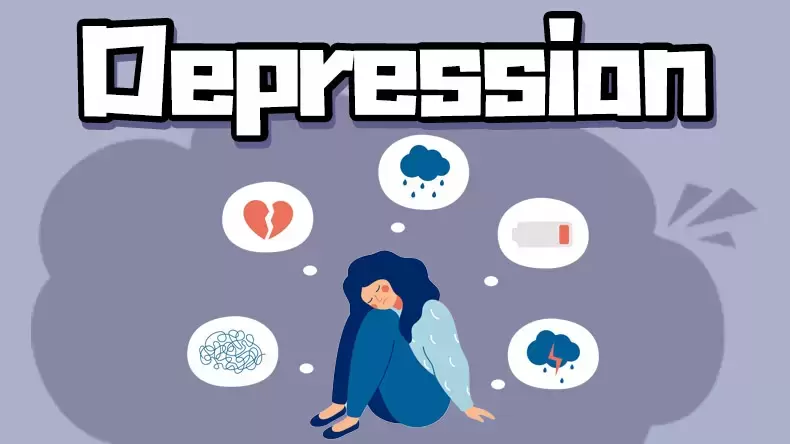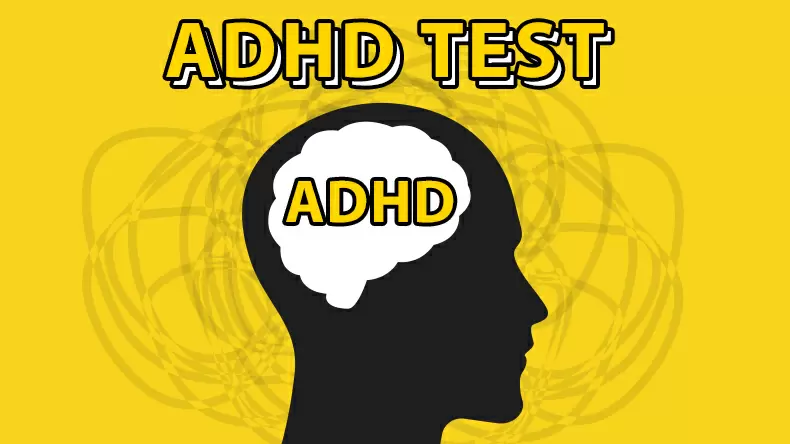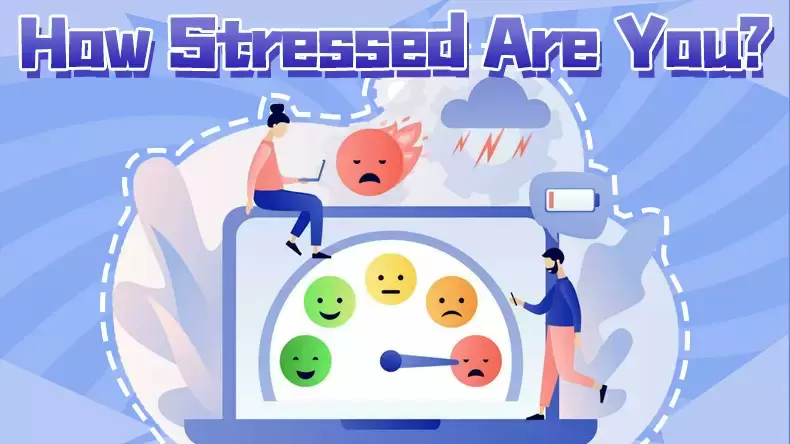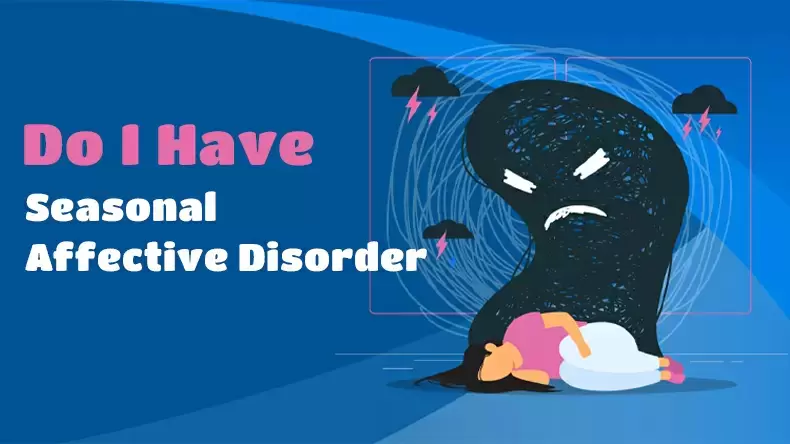Which LE SSERAFIM Member Are You? Quiz
Are you curious about your emotional well-being? Take our Depression Test to gain insights into your mental health and discover valuable information about your emotional stability. This brief assessment can offer a better understanding of your current state and help you take proactive steps towards a healthier and happier life. Don't hesitate, take the Depression Test today and invest in your emotional well-being!
Understanding Depression and Cultivating Emotional Well-being
Depression is a complex mental health condition that affects millions of people worldwide. It can manifest as persistent feelings of sadness, low motivation, loss of interest in activities, changes in appetite or sleep patterns, difficulty concentrating, and even thoughts of self-harm. If you or someone you know is struggling with depression, it's important to seek help and support. 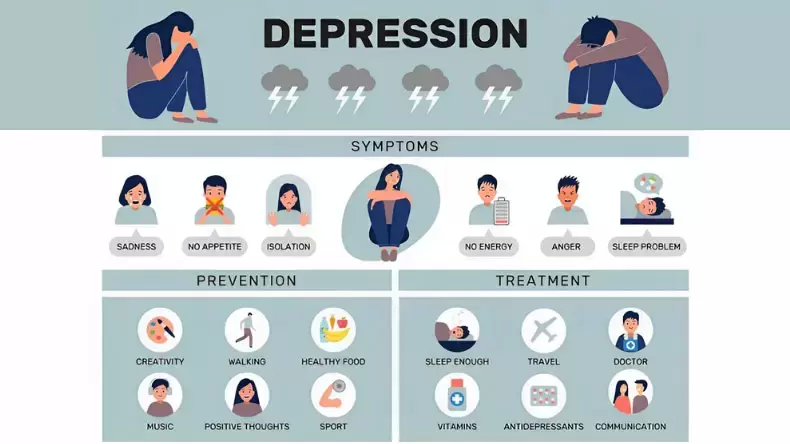
Here are some strategies that may help reduce feelings of depression:
Reach out for support: Talk to trusted friends, family members, or a mental health professional. Sharing your feelings can provide comfort and guidance.
Establish a routine: Create a structured daily routine that includes activities you enjoy and find meaningful. This can help provide a sense of purpose and stability.
Engage in physical activity: Regular exercise has been shown to improve mood and reduce symptoms of depression. Aim for at least 30 minutes of moderate-intensity exercise on most days.
Practice self-care: Prioritize self-care activities that promote relaxation and well-being, such as taking baths, practicing mindfulness or meditation, or engaging in hobbies you enjoy.
Ensure a balanced diet: Eat a nutritious diet that includes plenty of fruits, vegetables, whole grains, and lean proteins. Avoid excessive consumption of sugary or processed foods, which can negatively impact mood.
Get enough sleep: Establish a regular sleep schedule and prioritize quality sleep. Ensure your sleeping environment is comfortable and free from distractions.
Seek professional help: If your depressive feelings persist or worsen, consider reaching out to a mental health professional who can provide guidance, therapy, or prescribe appropriate medication if necessary.
Please remember that everyone's journey with depression is unique, and what works for one person may not work for another. It is crucial to find a personalized approach that suits your specific needs and circumstances.

